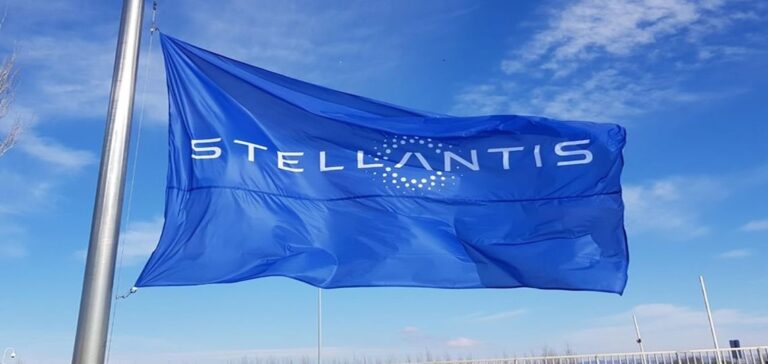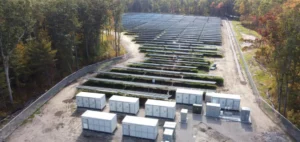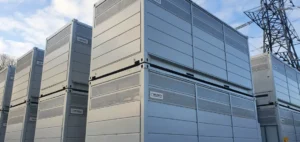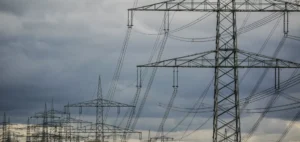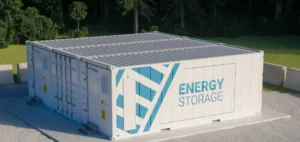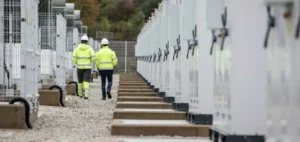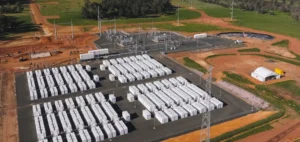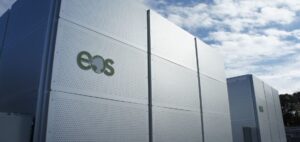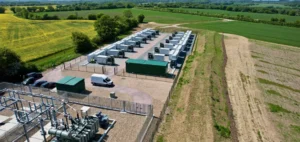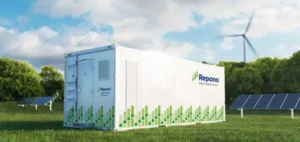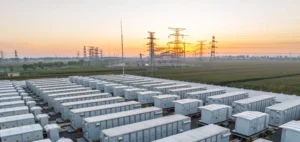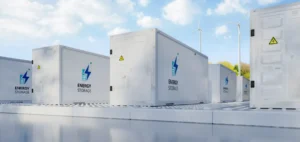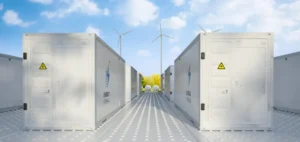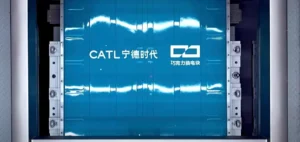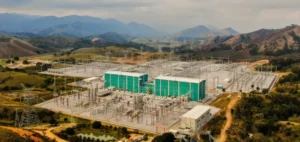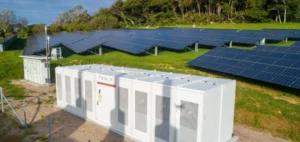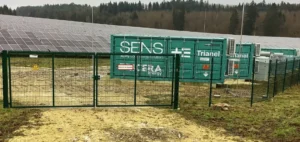On Thursday, the Stellantis automotive group and TotalEnergies unveiled a prototype for a lighter, more efficient battery that will be used in electric vehicles by 2030.
Ibis – a revolutionary innovation for electric batteries
Presented after four years of research, this French project called “Ibis” (for “Intelligent Battery Integrated System”) is being carried out in collaboration with three CNRS laboratories and design offices. The investment of almost ten million euros is half financed by the government’s France 2030 plan.
The innovation is adaptable to all battery chemistries (nickel-manganese-cobalt, lithium-iron-phosphate, solid batteries),” explains Francis Roy, who is piloting the experiment for Stellantis. Offering up to 12% extra range, it marks a “real paradigm shift in the design of electric powertrains”, said its designers during a presentation at Saclay University (Essonne).
A promising alliance for the future of electric mobility
The central innovation of this type of battery is that it replaces the charger and inverter, which convert the current in electric vehicles, with electronic cards. This reduces weight, size and cost. The system also becomes more efficient, offering more power for the same energy, and more reliable: its modules are independent and do not block the battery in the event of failure, and its lithium cells last longer, according to the researchers. It would also make it possible to connect higher-power AC chargers, which are much less expensive than the large DC chargers that are starting to appear on major roads.
Stellantis, parent company of Peugeot and Fiat, and Saft, a subsidiary of TotalEnergies, have common interests: in May, they started production of automotive batteries at the Douvrin plant (Nord), and this prototype will be assembled and tested in a vehicle by 2024.
The race for energy efficiency: towards a revolution in electricity storage
The idea is to lower costs and increase the range of electric vehicles, as Stellantis plans to phase out combustion engines in Europe by 2030. But Saft also intends to develop this technology for stationary electricity storage. On the Saclay campus, in front of the laboratory, a demonstrator promises lower installation costs and a reduced footprint for these installations, which can last up to 25 years.
At a time when the need for electricity storage is exploding with the accelerated deployment of renewable energies, numerous companies are attempting to revolutionize the sector in Germany, China and Australia.

